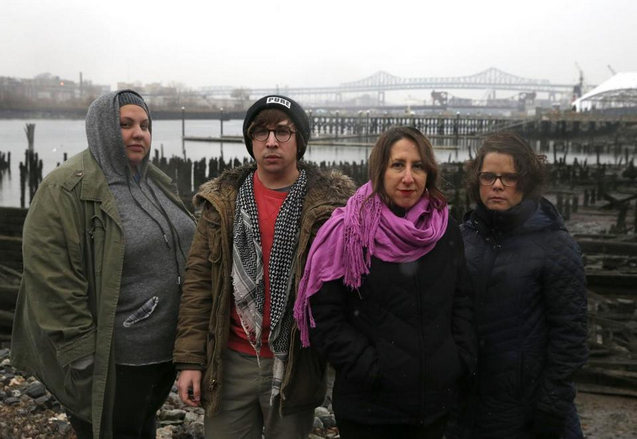Motorists sitting in the lines of traffic as they return from holidays or just try to get back to work this week will probably be irritated to learn about the federal government's draft plan to improve the quality of fuel and the efficiency of vehicles on Australia's roads. The reason: the cost of motoring may rise.
Certainly the motoring lobby would like them to get angry. Its representatives have reacted predictably to the draft proposals. As we have reported, the Australian Automobile Association, the peak body for state-based organisations such as the NRMA and RACV, is already making warning noises about costs. The motoring lobby's confidence it can block any change has some justification. On the environment, this government is an easy mark. When denialist critics savaged Canberra's plan to review (not even to alter) Australia's current inadequate response to climate change, the idea was quickly dumped.
 |
| The draft proposals cover three things: higher fuel-efficiency standards for vehicles, higher air-pollution standards, and better-quality fuel. Photo: Glenn Hunt |
The proposals, for which the government is seeking reaction from industry and the public, cover three things: higher fuel-efficiency standards for vehicles, higher air-pollution standards, and better-quality fuel. Although they have been described as "new" standards, in fact none are new. They already apply in Europe, the United States and elsewhere – major sources of new vehicles on our roads now that the government is allowing the local motor industry to die.
Why, many will ask, should Australians accept cars, trucks and buses that are dirtier and operate to lower standards than those sold where they are made?
The same Australian Automobile Association has done both motorists and environmentalists a service by setting up real-world tests of fuel efficiency and emissions from motor vehicles. Preliminary results show cars emit noxious gases at up to four times the rate current regulations allow, and greenhouse gases 35 per cent higher, while using 35 per cent more fuel than is measured by government-mandated tests carried out in laboratories. The present testing regime, in other words, leaves a lot to be desired. It appears Volkswagen may not be the only car maker building cars deliberately to pass the test in the laboratory, but not on the road. However, even if current laboratory-based measures of vehicle performance are flawed, that is no argument against stricter standards. Clearly, if even existing standards are not being met, future standards will have to be all the stricter to bring emissions down, and to boost fuel efficiency.
Transport is a significant source of greenhouse gas emissions, which Australia is bound to reduce under its commitments to the Paris climate change agreement that it signed and ratified last year. The latest available figures from Australia's Department of the Environment show that in 2014 the services, construction and transport sector generated 11.5 per cent of Australia's 525 million tonnes of carbon dioxide-equivalent gases. If Australia can reduce this output by improving the efficiency of its vehicles and raising the standard of the fuel it uses, it obviously must do so.
Other critics of the proposals have also emerged – on the other side of the argument.
For health experts, the proposed changes do not go nearly far enough. Air pollution is a major cause of deaths from respiratory diseases, and about half of these are attributable to the effects of vehicle exhaust. A federal government study estimated that in 2015, 2266 deaths in Sydney and Melbourne could be attributed to air pollution. That combined total is projected to rise to 2500 by 2030 – even if the strictest fuel standards are introduced, and even higher if they are not.
We hear much about the road toll, which is shocking enough: 384 deaths in NSW. Compare that with the number – nearly twice as great – that the study suggests were poisoned or choked by fumes from motor vehicles. The price of our national obsession with petrol- and diesel-driven vehicles is written in those figures. It is far too high. The federal government is right to seek ways to stop our cars from choking us.
Links




